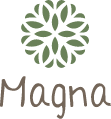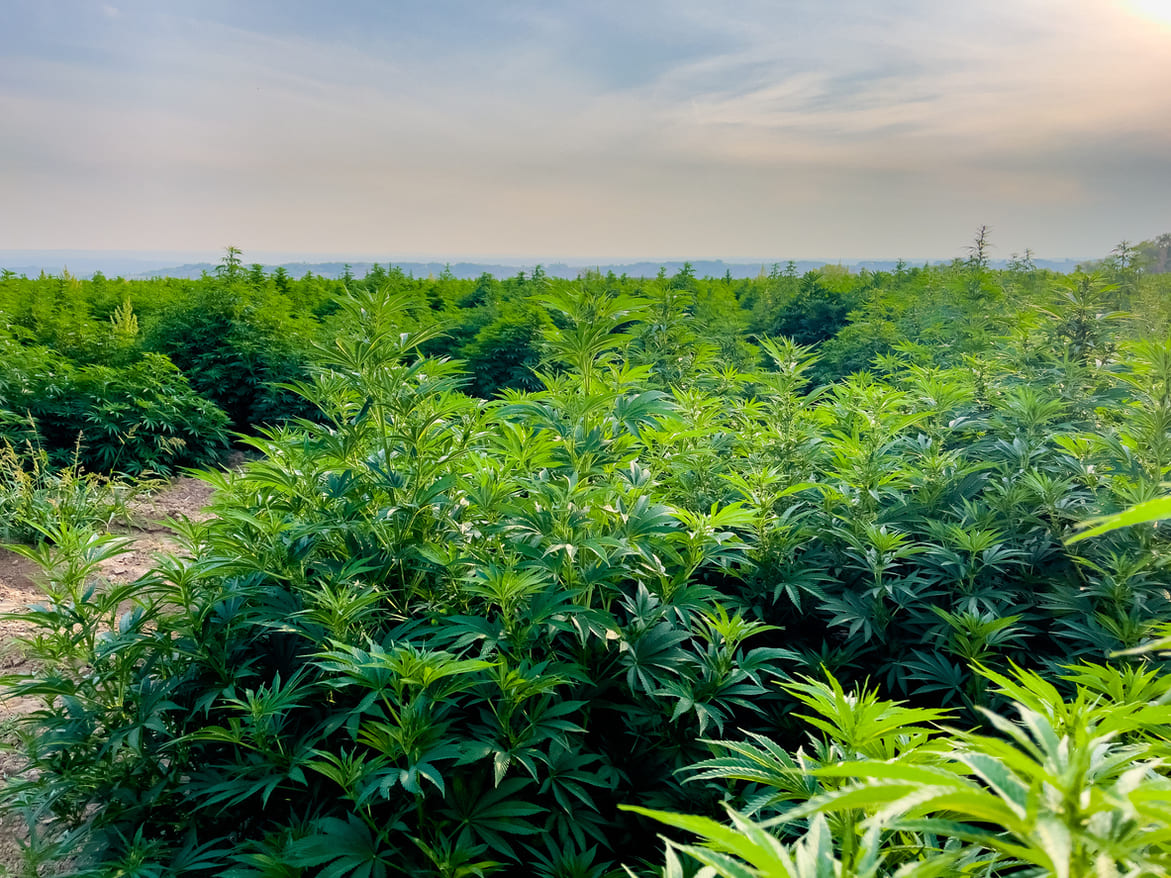The CBD industry is a rapidly expanding sector with enormous growth potential. To take advantage of this still very young market, one of the most effective strategies is to position yourself as a producer. But before you get started, it's essential to learn about the rules that govern the industry and the steps you need to take to make your project a success. So here is everything you need to know about becoming a CBD producer in France.
-
- CBD for Pets
- Why take CBD to sleep better ?
- Which CBD for stress and anxiety ?
- Buy CBD for high and low blood pressure
- Buy CBD for pain relief
- Buy CBD for your addictions
- Buy CBD for the skin
- Buy CBD beauty products
- Buy CBD Wellness
- Buy CBD for focus and motivation
Product successfully added to your shopping cartQuantityTotalThere are 0 items in your cart. There is 1 item in your cart.Total productsTotal shipping To be determinedTotalContinue shopping Proceed to checkoutMy account-30% Off In Your Shopping Cart And 24H Delivery
The culture of CBD in France, the legislation, to become a producer: all to know
Cannabis CBD cultivation and consumption is legal in France
French law does not consider cannabidiol a narcotic. Therefore, it is possible to grow and consume it legally. The country is also the largest producer of hemp in Europe and the second largest in the world just behind China. Throughout the country, there are thus more than 1400 farms established on about 20,000 hectares.
Even if numerous studies have demonstrated the harmlessness of CBD and its many therapeutic properties, this molecule is still associated with THC. This is the compound responsible for the psychotropic effects caused by cannabis. For this reason, the cultivation of CBD in France is highly regulated.
Focus on CBD production and the law
The state has long opposed the development of CBD. It was not until December 2021 that an order authorizing the cultivation of CBD in France and its marketing for industrial purposes was published. The authorized THC level was set at 0.3%. But until then, the sale of CBD flowers and leaves was still prohibited.
It is still necessary to wait until January 24, 2022 for a decision by the Council of State to allow the sale of CBD flowers. Other rules have also been set to regulate the cultivation of CBD in France to prevent any drift. For example, it is prohibited to grow hemp outside the varieties authorized by decree. The legislation also prohibits vendors from promoting the recreational side of CBD and derived products so as not to create confusion with THC.
Cultivating CBD for what use
CBD is primarily grown for its therapeutic properties. Legal cannabis has been the subject of many successful clinical trials in the treatment of certain serious pathologies. Thus, the anti-inflammatory effects of CBD that are no longer to be demonstrated. This molecule is able to interact with the central nervous system to relieve pain refractory to therapies.
It is also involved in the treatment of certain forms of severe and drug-resistant epilepsy. Drugs such as Sativex or Epidiloex taking advantage of the benefits of CBD are now authorized by the Ministry of Health. Cannabidiol is also used to fight against appetite, sleep or mood disorders. Outside the medical framework, CBD is used in the manufacture of beauty products (creams, soaps) and well-being (e-liquids, dietary supplements, etc.). This molecule is also present in some food products such as candy, oils or even honey.
How to become a CBD producer in France.
The term CBD producer refers to a farmer growing legal hemp. But it can also extend to companies involved in extracting CBD from the plant or manufacturing finished cannabidiol products. Although the CBD plant is relatively easy to grow, becoming a producer in France is not for everyone. Indeed, only those with a license and meeting certain very specific conditions are allowed to grow cannabis for industrial or commercial purposes.
In addition, it is essential to have a good command of the factors that influence plant growth in order to obtain satisfactory harvests. These parameters can vary from variety to variety. But in general, the plates of CBD grow better on a rich and aerated ground with an excellent exposure to the light. Water requirements change as the plant grows. It's also worth remembering that this crop is vulnerable to a number of pests and diseases. You should therefore be able to treat your plants with a preference for organic products.
Complete process to become a producer
Producing CBD without being officially recognized by the state is considered illegal. Therefore, you must obtain a license before starting your project. You also need to be aware of the rules that govern this activity and if necessary, get help from a professional. To become a CBD producer, you also need to find the right location and gather the necessary budget to get started.
Getting the license
The first step to take before becoming a CBD producer is to obtain a license. Through this formality, you inform the state of your intentions and agree to abide by the rules in place. Violation of these laws exposes the producer to penalties ranging from a simple fine to jail time.
Before issuing a license, authorities review the applicant's background as well as that of future employees. Thus, a tainted criminal record almost systematically negates your chances of getting a license. The health department grants different licenses depending on the varieties of cannabis you wish to produce and their CBD and THC content. The most common types of licenses are:
- Psychoactive cannabis production;
- The production of non-psychoactive cannabis;
- The production of seeds;
- The production of derivative products;
You must build a case to ensure that the CBD produced is for medical, therapeutic or wellness use. The cultivation of CBD in France must also be for commercial or industrial purposes and not personal.
The entire process of obtaining a license can take 6 to 8 months. It is also recommended that producers be accompanied by professionals to manage certain aspects such as security and imports.
Study CBD cultivation and gain knowledge or get help from a professional
Any agricultural activity requires very specialized knowledge, and growing CBD for an individual is no exception. In reality, good quality cannabis only grows under very specific conditions (temperature, watering, light, soil, etc.). Moreover the needs of the plant can change from one variety to another and according to the mode of culture (indoor, outdoor, greenhouse).
It is therefore important to go through extensive training in order to master all the subtleties that CBD production presents. If you are not sufficiently prepared, you need to get assistance from a professional. An expert's intervention is also essential when choosing seeds and pest control products.
Choosing the land for growing CBD
You need to choose a suitable plot of land for CBD production, taking into account the requirements of the cannabis plants and the desired growing method. Once you find the land, you must declare its location to the gendarmerie and the National Federation of Hemp Growers (FNPC). If you are considering an outdoor CBD crop, choose a rich and drained land. This will save you from having to invest large amounts of money in adjusting the soil composition and texture before you begin production.
For good yields, also choose land with stable and optimal weather conditions. Indoor and greenhouse growing methods, meanwhile, require suitable equipment. You must therefore provide yourself with lamps, growing boxes, pots, a watering system, etc. Also note that consumers have a preference for CBD from organic farming. So exclude the use of pesticides and any chemicals that are hazardous to health.
Choosing the right extraction process
The quality of CBD obtained is directly related to the extraction process used. There are three different techniques for isolating CBD from the hemp plant. One of the most effective is supercritical C02 extraction. It consists of exposing carbon dioxide to a high temperature in order to make it go from a liquid to a gaseous state. This transition isolates the molecules of the hemp plant, including CBD. The components are then recovered in substance separators.
It should be noted, however, that this is an expensive method that requires specific equipment and trained personnel. You can also opt for solvent or vegetable oil extraction methods. These methods are more accessible, but tend to damage the terpenes. The end result is not very rich in CBD with sometimes a lot of impurity. These processes are therefore not suitable for commercial use.
Comply with THC content standards at <0.3%
The THC content of your products must be kept below 0.3% under all circumstances. Above this limit, hemp is considered a narcotic. To avoid the sometimes severe penalties, regular testing is recommended. There are easy-to-use test kits that provide more or less reliable results.
For accurate and detailed data, you can use a specialized laboratory. In addition, also make sure that the variety of hemp you grow is on the official list of the Ministry of Health. This will reduce the risk of getting crops with THC levels above the set standard.
Getting financial capital
CBD production requires a lot of resources. It is important that you have a large enough budget to cover the costs involved in obtaining the license. On top of this, there are the costs of acquiring and setting up the space as well as the cost of production equipment. You also need to plan for transportation costs and employee salaries.
If you are unable to raise the necessary capital, it is possible to seek private investors. Banks are often less willing to finance this type of project as long as you present an extremely convincing case.
Alternative option: choose to buy CBD from a wholesaler for resale
You have the option of turning to a wholesaler if the steps involved in becoming a producer seem too complicated. By using this type of distributor, you can get CBD products that are already ready for use below market price. You then simply resell them in retail in a physical store or online store to generate profit.
There are, however, some criteria you should consider before choosing your supplier. The first parameter is the quality of the product sold. Do not hesitate to ask for samples to test the taste, effects or packaging. You can also ask for lab tests to confirm CBD and THC levels.
Also make sure that the delivery times meet your expectations and that the wholesaler is located near your point of sale. This will help you avoid stock-outs. Finally, ask around and read reviews of the wholesaler to see if they are reliable.
At the end, you have all the resources to know if it is worthwhile to get into CBD production
CBD production is a legal business in France, but subject to very strict rules. Current laws limit THC levels to 0.3% and prohibit cultivation for personal use. A license is also required to produce cannabidiol. You also need to budget for start-up and management costs of the project. Another alternative to CBD production is to use a wholesaler. This option allows you to make a profit by reselling finished products. However, you must remain careful about your choice of supplier.
All the information on our website is intended to help you understand our products. It does not constitute medical advice and is certainly not a substitute for specialist medical advice. We recommend that you seek the advice of a specialist before consuming any cbd product.Discretion & SpeedLoyalty RewardResponsive Customer ServicePREMIUM QUALITYNewsletterClick here to subscribe to our newsletter!
NewsletterThe best offers, good advice?
Sign up now!100% secure payment© 2026 - Magna CBD
Footer Block


